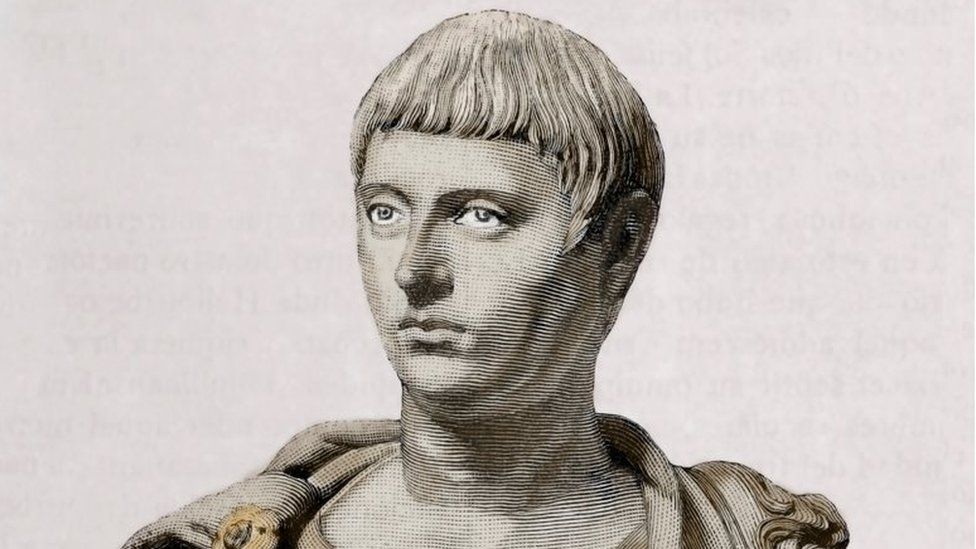-

-
-
Loading

Loading

The North Hertfordshire Museum has decided to relabel its display about Roman Emperor Elagabalus after determining that the emperor was actually a transgender woman. The museum will now refer to Elagabalus using female pronouns such as "she" and "her." This decision was made based on classical texts that suggest the emperor once said, "call me not Lord, for I am a Lady." In order to be respectful and sensitive to identifying pronouns for historical figures, the museum spokesperson stated that this relabeling was necessary. The museum sought advice from LGBTQ+ charity Stonewall to ensure that their displays, publicity, and talks are inclusive and up-to-date. The museum owns one coin of Elagabalus, which is often exhibited along with other LGBTQ+ items in its collection. Elagabalus, also known as Marcus Aurelius Antoninus, ruled the Roman Empire for a brief period of four years from 218AD to 222AD before being assassinated at the age of 18. He became a controversial figure due to his reputation for sexual promiscuity. Classical texts by Senator Cassius Dio claim that Elagabalus had several marriages, including one with Hiercoles, a former slave and chariot driver, in which Elagabalus was referred to as a wife, mistress, and queen. There has been ongoing debate among academics regarding Elagabalus's gender identity. Some believe that historical accounts portraying the emperor in an effeminate manner were meant to criticize and weaken his authority. While the Romans were familiar with the concept of gender fluidity, this was usually attributed to myth and religion rather than living individuals. However, councillor Keith Hoskins, executive member for Enterprise and Arts at North Herts Council, argues that historical texts like Dio's provide evidence that Elagabalus preferred female pronouns. He believes that using these pronouns when discussing Elagabalus in contemporary times is standard practice. Hoskins emphasizes that Elagabalus's explicit preference for female pronouns demonstrates that the use of pronouns is not a new phenomenon.